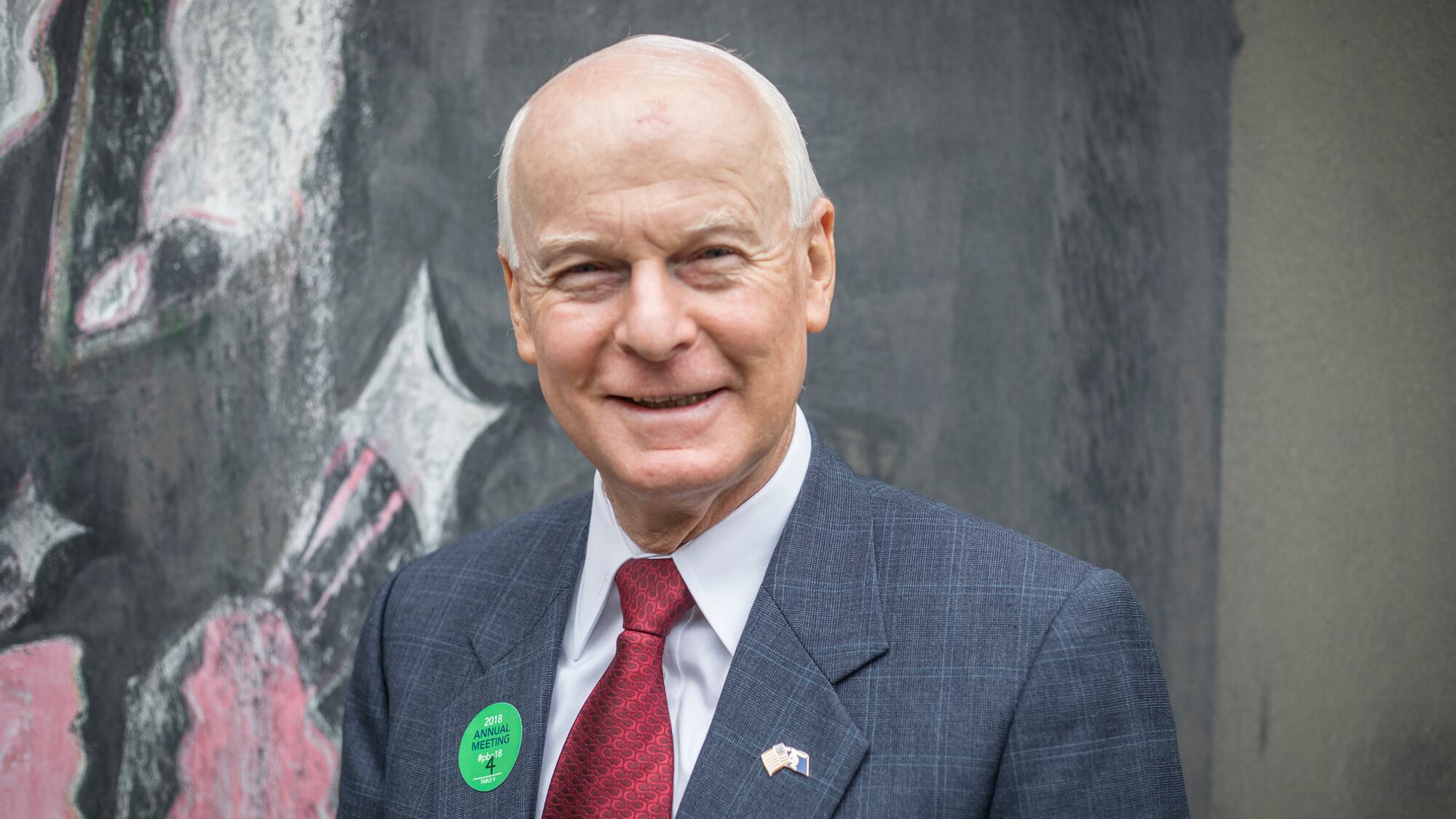Ballots for the May 15 primary arrived in Oregonians mailboxes last week. That means the state’s top elections officer, Secretary of State Dennis Richardson, and his staff will soon be tabulating ballots in the first major election since U.S. officials confirmed Russian interference in the 2016 cycle.
That places Richardson, the state's lone elected statewide Republican, in a delicate position. For years, Republicans have complained of voter fraud, with little evidence. Now Democrats have seized on the Russian hacking scandal—and Richardson is tasked with assuring both sides that ballots are secure.
In an interview that's been edited for brevity and clarity, Richardson talks about ballot security, and what it's like to be Oregon's only elephant in the room.
WW: After 17 months in office, what letter grade would you give Oregon for electoral integrity?
Dennis Richardson: I would give us an A. Oregon's system is as secure or more secure than any other state. And I've told people, if the system were corrupt as some critics fear, I never would have been elected.
WW: Federal officials told you in February that Russians targeted Oregon's election system. What exactly did they do, and what steps have you taken to safeguard the system?
DR: They compared it to somebody walking down a hallway and rattling door knobs but not going in. They didn't get any information or enter our system, but we've gone to the Legislature and gotten more resources, including hiring more cybersecurity support. We also asked the federal Department of Homeland Security to do a "white hat" check. They found a few areas of concern that we've fixed.
WW: You're the only statewide Republican in office, elected in 2016. How do you get along with your Democratic colleagues?
DR: I had lunch with the Attorney General [Ellen Rosenblum] yesterday, and I'm having lunch with the treasurer [Tobias Read] soon. The governor, not so much. I have requested meetings and involvement in emergency preparedness planning because I'm second in line in succession. As a helicopter pilot, I know that when you're in crisis, you don't read the manual, but I have not been successful in getting those meetings.
WW: In Portland races, we've seen candidates such as County Commissioner Loretta Smith and Stuart Emmons getting fined by your office. Those fines resulted from complaints filed by Seth Woolley, an activist. Should your elections officials be more proactive?
DR: We have a campaign finance filing system that is open and transparent. That allows the system and the people in it to police themselves. I don't think it's appropriate for a huge amount of taxpayer money to be spent looking for violations. You become the Gestapo, and we can't afford that.
WW: Are you a first-day voter or a last-day voter?
DR: I vote on the last weekend because, if I wait, I might learn new information about a candidate.
